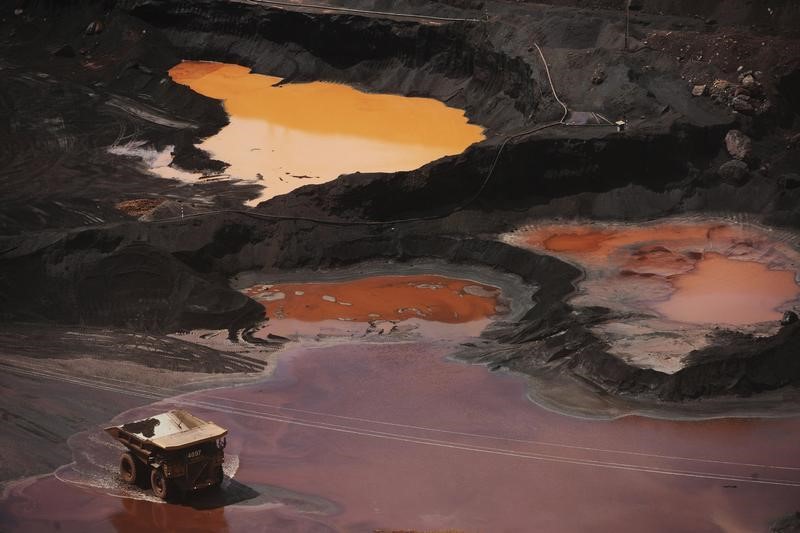The Albanese Government's recent enactment of a pivotal part of its industrial relations overhaul has set the stage for a big standoff with major businesses.
The government has moved to push through contentious labour hire legislation, a decision that has drawn sharp criticism from key industry players – with some vowing to wage a ‘mining tax’-style war on the government. The mining tax protests during 2010 brought Labor Prime Minister Kevin Rudd’s first period of leadership to an end.
Showdown on horizon
The growing tension between the government and the business sector underscores the challenges in balancing worker rights with what business leaders see as ongoing economic competitiveness.
Big business, spearheaded by giants like BHP (ASX:BHP) and Qantas, is preparing for a showdown with the government over the industrial relations changes.
BHP president Geraldine Slattery expressed her disappointment over the deal struck by Workplace Relations Minister Tony Burke with the Greens and crossbenchers, while the Minerals Council of Australia labelled it a "declaration of war" on the business sector.
The deal splits the government’s Closing Loopholes Bill into two tranches. The first part, which has passed both houses of parliament, targets labour-hire arrangements used by BHP and Qantas and criminalises wage theft.
It also contains measures for better support for first responders with post-traumatic stress disorder and discrimination protections for workers affected by domestic violence, among others.
The second part of the proposed legislation will cover gig economy changes, casual conversion rights and minimum conditions for truck drivers, and will be voted on early next year.
The crux of the controversy lies in the labour-hire laws part of the legislation, which mandates equal pay for labour-hire workers as their counterparts in collective agreements.
BHP and Qantas riled up
This provision, specifically targeting arrangements used by companies like BHP and Qantas, has been decried by these corporations as imposing increasing operational costs. BHP estimates an annual cost increase of A$1.3 billion.
Political dynamics played a crucial role in the bill's passage, with crossbench senators Jacqui Lambie and David Pocock backing the split of the bill.
The legislation has sparked concerns among industry leaders about Australia becoming a less competitive business environment and deterring global investment in resource projects. Companies are now reassessing their operations and labour strategies across Australia in light of the new laws.
Meanwhile, the government faces criticism for allegedly circumventing proper processes and engaging in what some describe as a "dishonourable deal".
Further legislative changes, particularly relating to the gig economy and casual conversion rights, are anticipated to be voted on next year.
